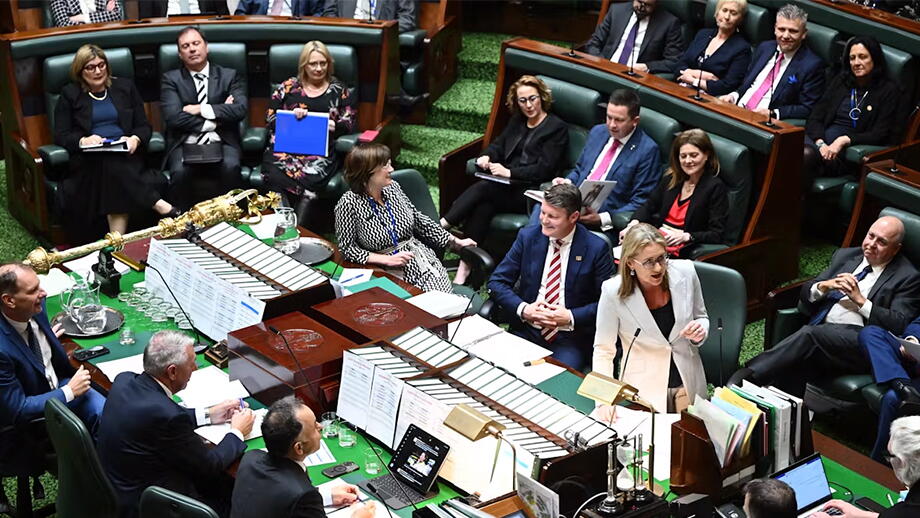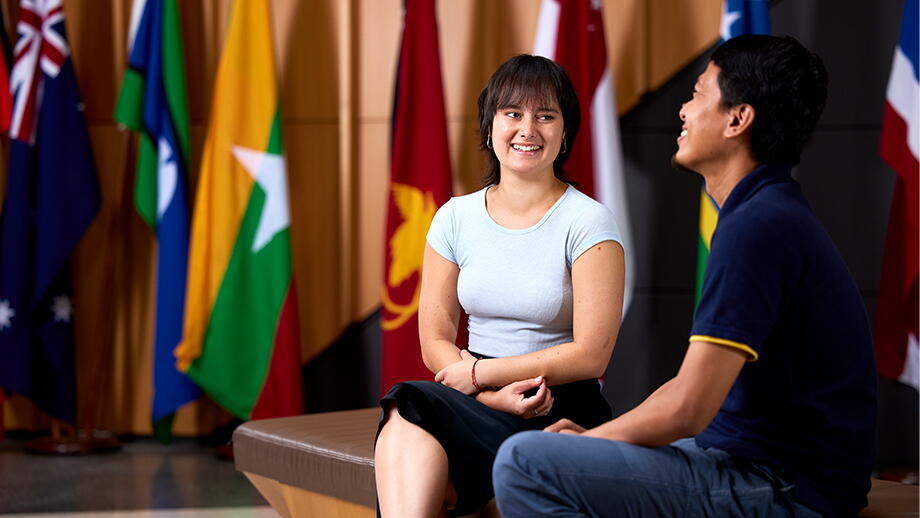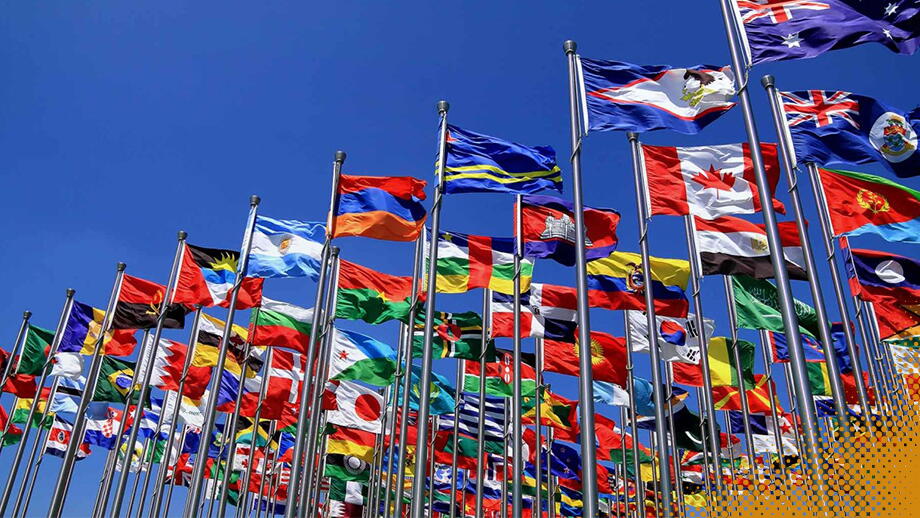In Short:
While growing attention has been paid to intersectionality, gender equality reform, and progress in other areas of international affairs, little of this same transparency and attention has been paid to diversity in the intelligence sector. This paper seeks to bridge the gap, comprising a systematic review of the literature on diversity in the intelligence sector to improve our understanding of what is known and what can be known about the history and current make-up of the intelligence sector—and those who “do intelligence work”.
Overview
By identifying strengths and gaps in the literature and setting an agenda for future research within these “secret institutions”, this paper argues that the lack of transparency, data, and knowledge on the interplay of gender, race, and sexuality, among other aspects of diversity in intelligence, is deeply troubling. It hampers our knowledge of how the sector may be “gendered” or otherwise experienced, as well as how this particular area of the security sector may or may not be integrating gender and other perspectives into their work. This paper finds that diversity in the intelligence and national security sectors is both an asset and a liability to be managed. Diversity is seen as a source of intelligence gathering and analysis strength, as well as a potential threat to hegemonic masculinity in intelligence practice. Further, language and processes for promoting diversity in intelligence can reinforce stereotyped knowledge of marginalized groups that ultimately hamper calls for greater representation, diversity, inclusion, access, and opportunities in the intelligence sector.
Contact
Elise Stephenson
Deputy Director
Climate change, Intersectionality & identity, Politics & international affairs, The space sector, Youth engagement
You may also like
Addressing barriers and forging pathways to women’s participation in politics
We collaborated with Women for Election (WFE) to explore what is preventing women and gender diverse Australians from greater participation in politics – particularly those from under-represented…
A fair go for all
The desire – and need – for intergenerational policymaking has never been greater. This research sought to understand the extent to which Australian voters care about longterm policymaking, whether…
Bolstering the boys club
Much of the research on gender and diplomacy to date has focused on those already let into the ‘club’ of international elites and details the impact of the exclusion of women in senior positions and…




